Fentanyl Decontamination
- Delta Decon & Maintenance
- Road Traffic Accident Clean-up
- Delta Decon & Maintenance
- Road Traffic Accident Clean-up
Fentanyl Decontamination in Australia
Fentanyl, a powerful synthetic opioid, has become a severe public health concern in Australia, mirroring global trends in the rising misuse of synthetic opioids. Known to be up to 100 times more potent than morphine, even trace amounts of fentanyl can be deadly if inhaled, ingested, or absorbed through the skin. Its increased presence in illicit drug markets has led to widespread accidental overdoses, and it contaminates various surfaces, creating hazardous environments for all who come into contact with it.
Get A Quote
"*" indicates required fields
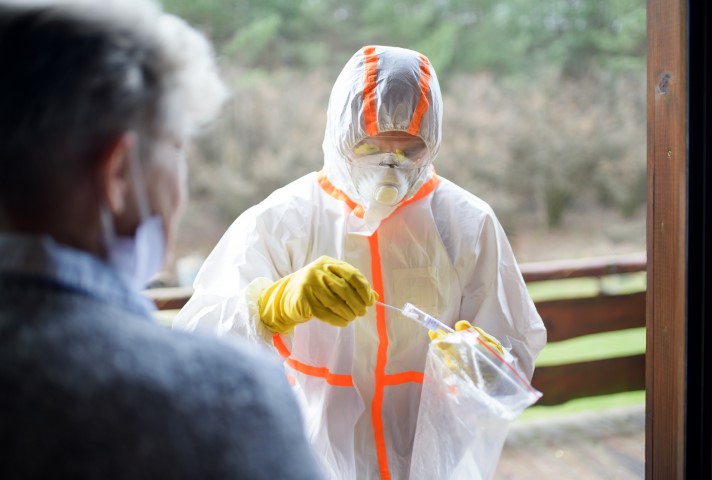
First Responders
Police officers, emergency medical technicians, and firefighters are frequently exposed during drug raids, overdose responses, and other critical incidents. Protective measures are essential to safeguard them from accidental exposure.
Why Fentanyl Decontamination Matters in Australia
The incidence of synthetic opioid contamination is rising across Australian cities, posing risks to individuals across many environments. In 2022, Australia reported a 15% increase in synthetic opioid-related overdoses, with fentanyl being a primary contributor in the majority of cases. The challenge is not only overdose deaths but also unintentional exposure risks in locations where fentanyl residues linger, endangering public health and safety.
Health Risks of Fentanyl Exposure
Fentanyl exposure, even in small quantities, can lead to severe health issues. Research suggests that Australia’s emergency services are experiencing increased cases of accidental fentanyl exposure, with health effects ranging from respiratory depression to cardiac arrest and, in extreme cases, death. Long-term health effects of low-level exposure are still under investigation, but they are suspected to be significant, making effective decontamination critical.
What We Offer
Common Locations of Fentanyl Contamination
Fentanyl contamination can be found in numerous environments, particularly in urban areas. High-risk locations include
-
1Residential Spaces
Homes, apartments, and rental properties where drug use or production has occurred.
-
2Vehicles
Cars, vans, or trucks used to transport or consume drugs are frequently contaminated, posing risks to future occupants or buyers.
-
3Public Areas
Parks, public restrooms, and transit stations, especially in metropolitan regions, are often contaminated, increasing the risk for the public.
-
4Workplaces
High-traffic environments in areas with known substance abuse issues are also at risk, potentially exposing employees and clients alike.
Areas We Serve
Best in New South Wales
-
Canberra
-
Sydney
-
Wollongong
-
Newcastle
-
Port Macquarie
-
Ballina

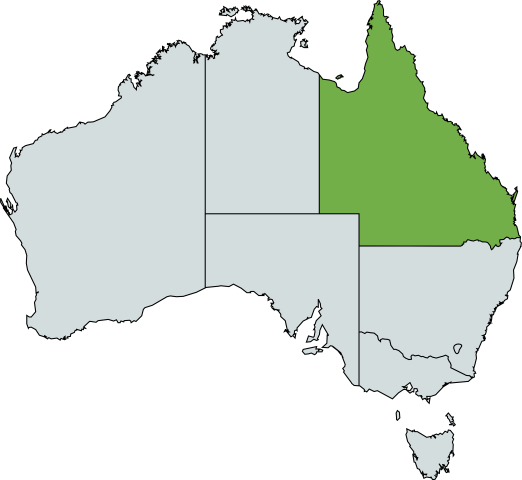
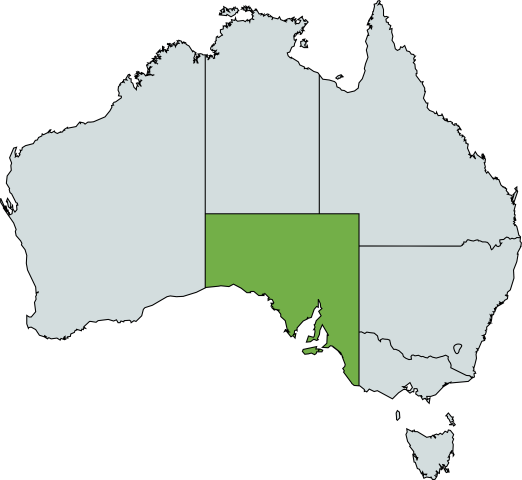

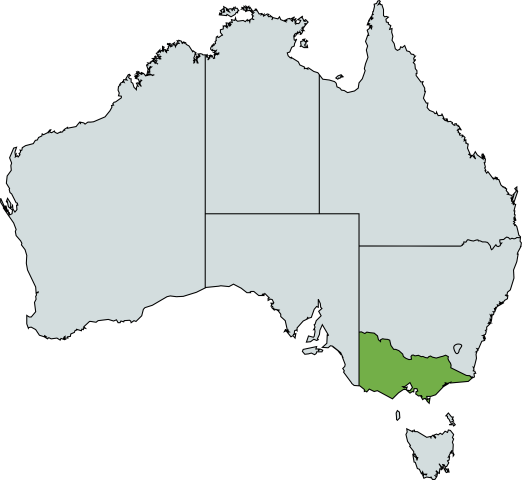
Best in Western Australia
-
Drummond Cove
-
Esperance
-
Boulder
-
Fremantle
-
Australind
-
Mandurah
-
Perth
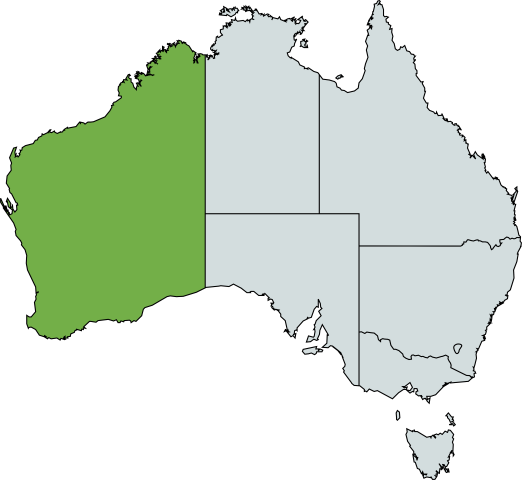
Best in New South Wales
-
Canberra
-
Sydney
-
Wollongong
-
Newcastle
-
Port Macquarie
-
Ballina





Best in Western Australia
-
Drummond Cove
-
Esperance
-
Boulder
-
Fremantle
-
Australind
-
Mandurah
-
Perth

Choose Delta Decon and Maintenance for Fentanyl Decontamination
Delta Decon and Maintenance provides specialized fentanyl decontamination services designed to ensure the safety and well-being of individuals and properties. By entrusting your decontamination needs to us, you reduce the risk of accidental exposure and promote a safer environment for all occupants.
Frequently asked questions
How long can fentanyl contamination persist?
Fentanyl can linger on surfaces for long periods, especially in humid conditions, where it can be absorbed by materials such as carpets, fabrics, and upholstery.
Can I clean a fentanyl-contaminated space myself?
No. DIY cleaning attempts are hazardous due to fentanyl’s potency. Professional decontamination ensures safety and effectiveness, using equipment and techniques beyond typical household capabilities.
What are signs of potential fentanyl contamination?
Signs may include:
- Drug residue or paraphernalia
- Strong, unusual chemical odors
- Symptoms such as dizziness or breathing difficulties in visitors
- High rates of crime or suspicious behavior in the area